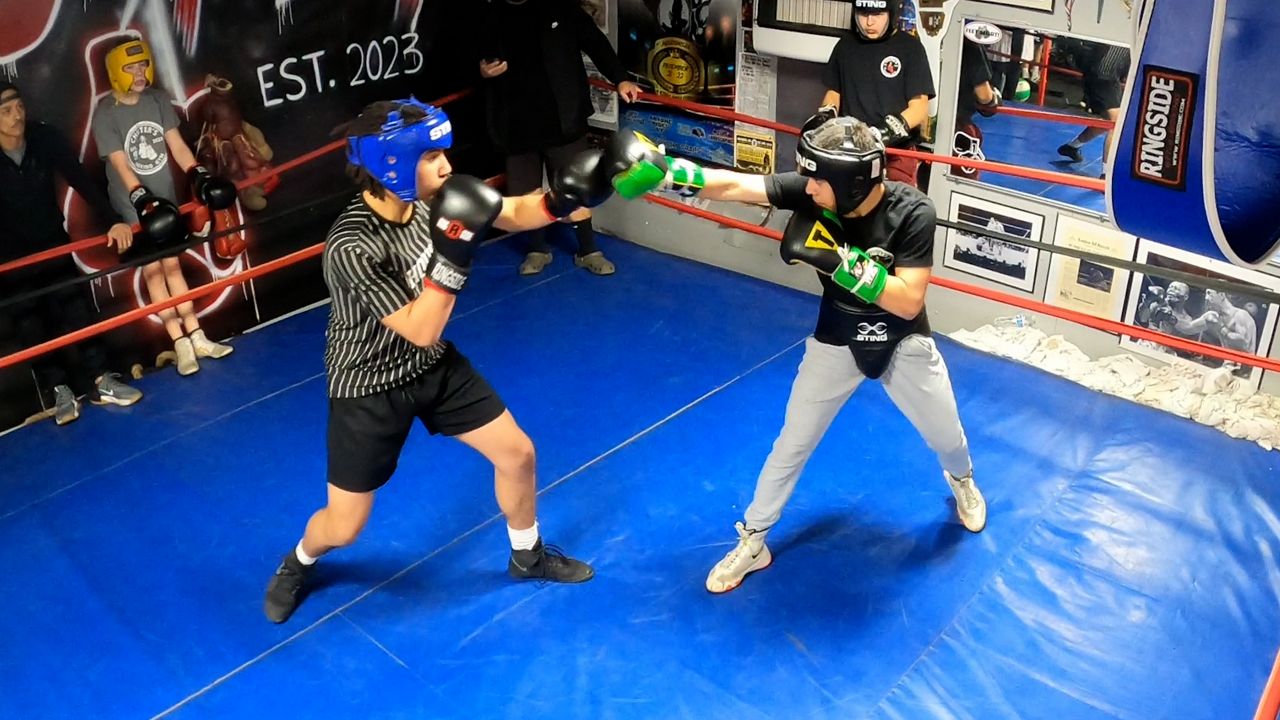MADISON, Wis. — March 1, 2024 marked 50 years since UW-Madison approved the inclusion of a 12-sport women’s athletic program.
The 12 sports were badminton, basketball, cross country, fencing, field hocky, golf, gymnastics, rowing, swimming & diving, tennis, track & field and volleyball.
Before 1974, female students could only participate in clubs, not on intercollegiate teams.
UW-Madison was ahead of the National Collegiate Athletic Association (NCAA) and Big Ten Conference, which didn’t officially recognize women’s athletics until 1981. That’s when they sanctioned national and conference championships.
Marija Pientka serves as a Senior Associate Athletic Director for Sports Administration at UW-Madison. As a student athlete in the 1990s, she became one of the school’s most accomplished tennis players of all time.
Pientka said she always loved playing tennis as a young girl, but never really thought she’d get the chance to play in college. Few women did at that time.
“I don't know that I knew that opportunity even existed for many years,” Pientka said. “It was honestly a different era. I just loved competing.”
It’s a similar story for Julie Redders, who played golf at UW-Madison in the 1980s.
“It never felt like there was a difference between men's and women's sports,” Redders said. “I felt like we got all of the opportunities that anybody else did.”
Both Redders and Pientka say they chose UW-Madison because of its strong reputation for promoting women’s athletics.
They credit students who came before them and fought for the inclusion of the university’s 12-sport women’s program in 1974. For years, no scholarships were offered to female athletes and team budgets were very small. Most female athletes had to buy their own uniforms, and often shared them between different sports.
“We just made the made the best of it and didn't really know at the time that we didn't have that type of budget,” Redders said. “There's so much more that has opened up as far as facilities and opportunity to improve your game, the equipment, all sorts of things that just make it a lot easier for women today to compete and to be successful.”
As a member of the athletics department, Pientka said she strives to increase opportunities for athletes.
“We have a number of athletic programs here that draw an unbelievable crowd, and our female athletes are looked up to, and recognized by not only young girls, but also boys,” Pientka said. “I think that's really been terrific.”










